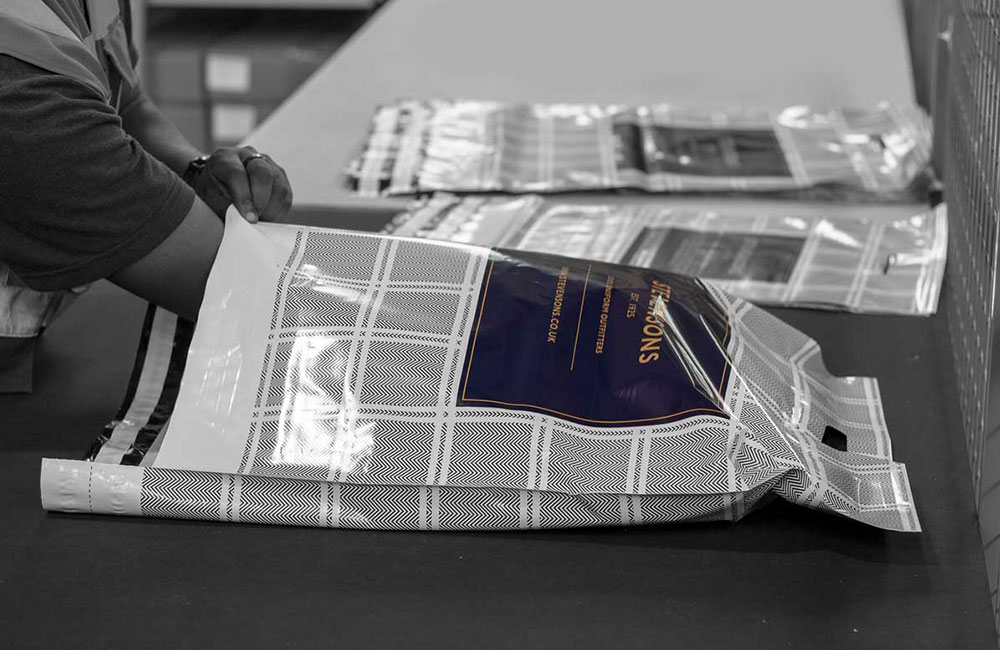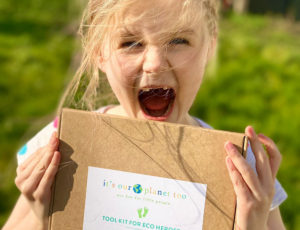
Stevensons School Uniform Outfitters is changing all of its carrier and mailing bags to alternatives that will reduce its impact on the environment.
Until 2019, the company has been producing hundreds of thousands of high-quality, biodegradable carrier bags. These bags accommodate in-store purchases as well as orders sent out to online customers.
However, current environmental thinking favours re-usable and recyclable materials, not degradable materials.
If biodegradable bags enter landfill – as many of them will – they emit carbon dioxide gases. Degradable, as opposed to biodegradable material, does not rely on microbes as a catalyst for degradation.
It also does not produce carbon dioxide gasses. However, like biodegradable material, it will cause damage if it enters the recycling stream.
Therefore, the Environment Agency, DEFRA, the Government and the EU are in favour of reducing biodegradables and are issuing directives to that effect.

Recycling plastic bags reduces the amount of energy usage, raw materials, pollution as well as the waste produced. Unlike plastic, paper bags have little re-use. Even worse, they take up 35 times more volume than plastic when they turn up in landfill.
Furthermore, unlike plastic, they have the seriously dangerous potential to degrade to CO2 and methane; the biggest global environmental problem.
Plastic doesn’t degrade to emit toxic gases.
Commenting is John Stevenson, joint managing director at Stevensons School Uniform Outfitters. “Over the next six months, our commitment is to replace all of our carrier bags and mailbags – which are currently ‘bag-for-life’ quality – with alternatives made of 100% recycled plastic, which itself is 100% recyclable.”













